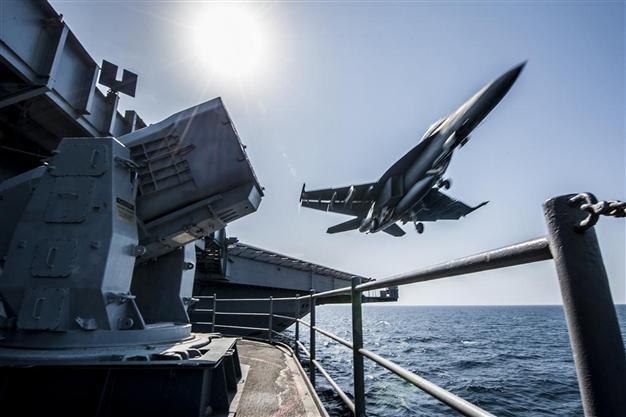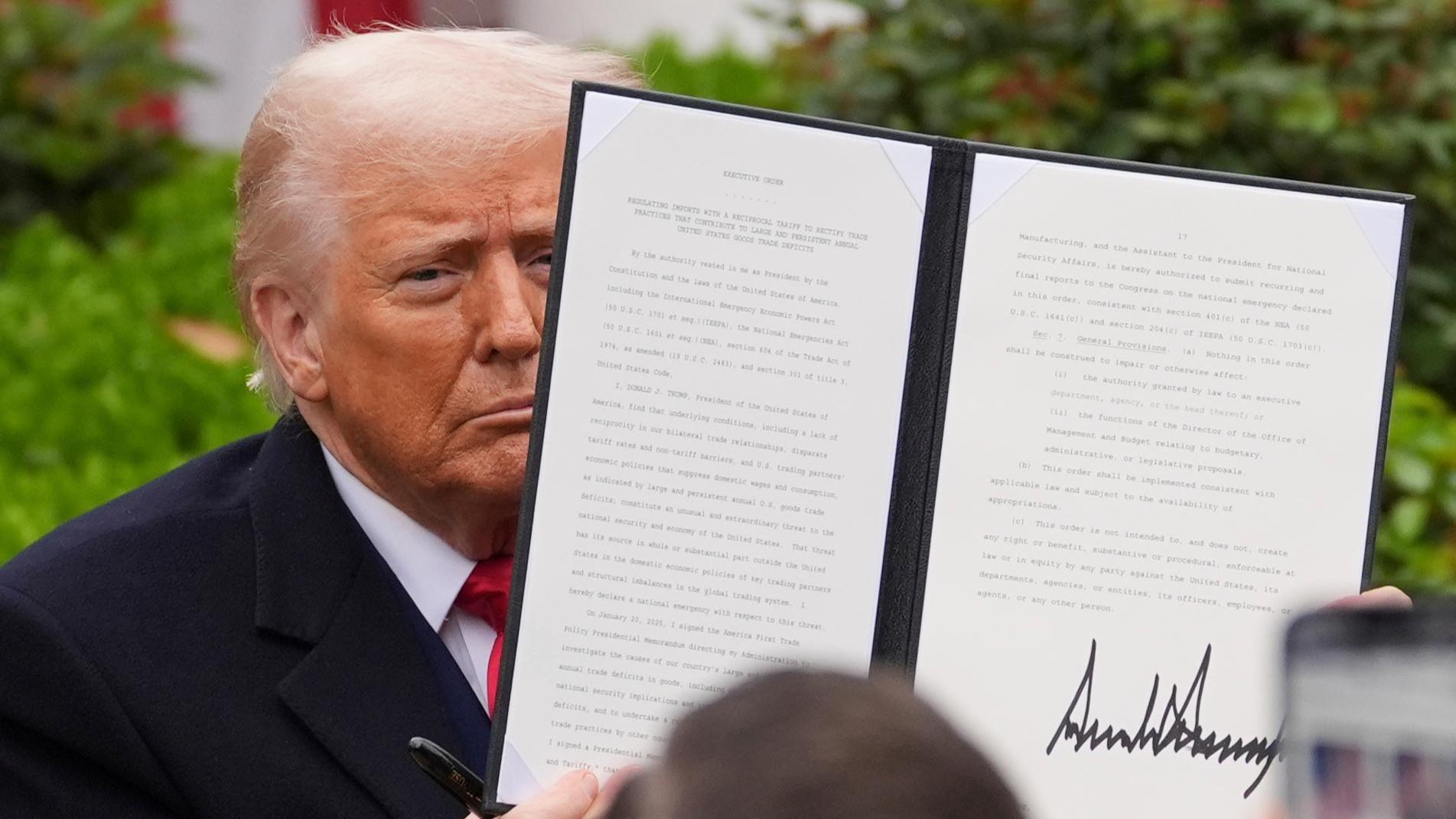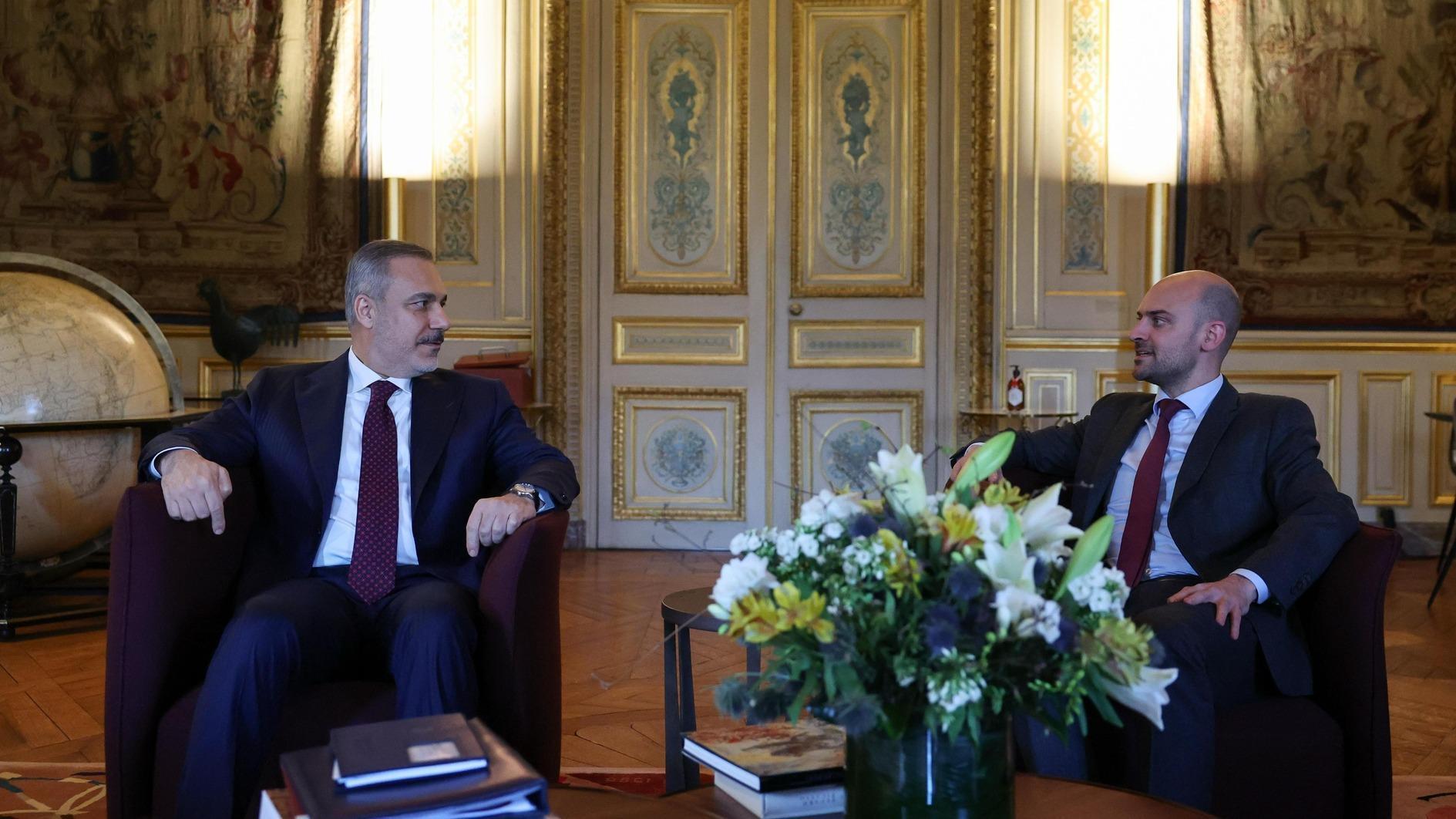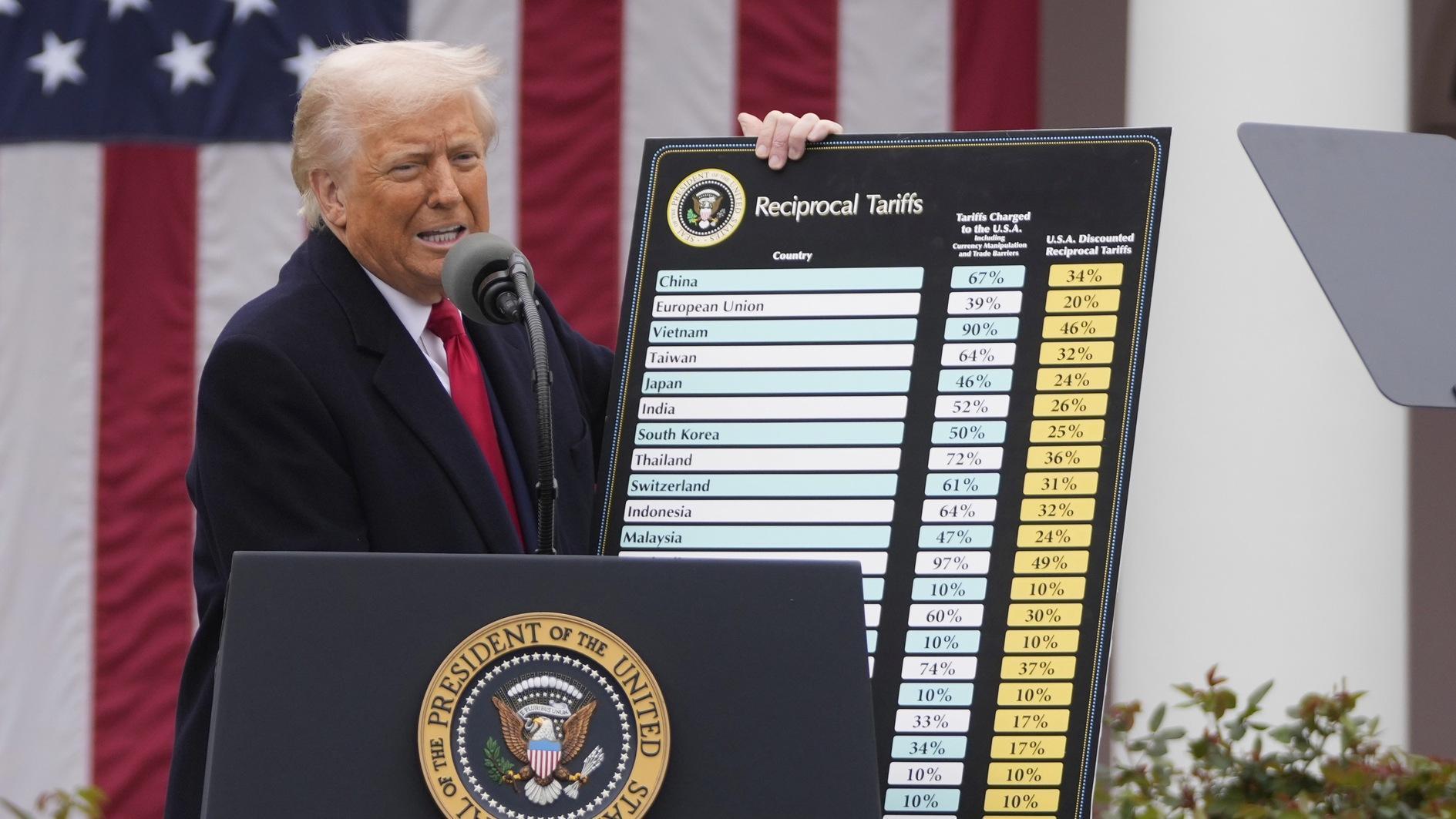US air strikes target convoy 'carrying ISIL leaders' in Iraq
BAGHDAD / WASHINGTON - Reuters

A US Navy F/A-18 launches from the USS Carl Vinson in this undated handout picture released Nov. 1. REUTERS Photo
U.S. air strikes destroyed a convoy of Islamic State in Iraq and the Levant (ISIL) near the Iraqi city of Mosul but U.S. officials said on Nov. 8 it was unclear whether the group's top commander Abu Bakr al-Baghdadi had been in any of the 10 targeted vehicles.Colonel Patrick Ryder, a Central Command spokesman, said the U.S. military had reason to believe that the convoy was carrying leaders of ISIL. The convoy consisted of 10 ISIL armed trucks.
"I can confirm that coalition aircraft did conduct a series of air strikes yesterday evening in Iraq against what was assessed to be a gathering of ISIL leaders near Mosul," said Ryder.
"We cannot confirm if ISIL leader Abu Bakr al-Baghdadi was among those present."
ISIL had been changing its strategy since the air strikes began, switching to lower profile vehicles to avoid being targeted, according to residents of towns the group holds.
A Mosul morgue official said 50 bodies of ISIL militants were brought to the facility after the air strike.
Mosul, northern Iraq's biggest city, was overrun on June 10 in an offensive that saw vast parts of Iraq's Sunni regions fall to the ISIL and allied groups.
A month later a video posted online purported to show the reclusive Baghdadi preaching at Mosul's grand mosque.
Earlier on Nov. 8 , Al-Hadath television channel said U.S.-led air strikes targeted a gathering of ISIL leaders in a town near the Syrian border, possibly including Baghdadi.
Iraqi security officials were not immediately available for comment on the report from the station, part of Saudi-owned al-Arabiya television, but two witnesses told Reuters an air strike targeted a house where senior ISIL officers were meeting, near the western Iraqi border town of al-Qaim.
Al-Hadath said dozens of people were killed and wounded in the strike in al-Qaim, and that Baghdadi's fate was unclear.
Mahmoud Khalaf, a member of Anbar's Provincial Council, also said there were air strikes in al-Qaim. He gave no details.
The U.S.-led coalition carried out air strikes near al-Qaim overnight, destroying an ISIL armoured vehicle and two checkpoints run by the group, Ryder said.
Bombings in Iraq
The hardline Sunni ISIL's drive to form a caliphate has helped return sectarian violence in Iraq to the dark days of 2006-2007, the peak of its civil war.
It has also created a cross-border sanctuary for Arab militants, as well as foreign fighters whose passports could allow them to evade detection in Western airports.
On Nov. 8 night a car bomb killed eight people in Baghdad's mostly Shiite Sadr City, police and hospital sources said, bringing to 28 the day's toll from bombs in the Iraqi capital and the western city of Ramadi.
An attack by a suicide bomber on a checkpoint in Ramadi in Anbar killed five soldiers. "Before the explosion, the checkpoint was targeted with several mortar rounds. Then the suicide humvee bomber attacked it," said a police official.
There was no claim of responsibility for the bombings, but they resembled operations carried out by ISIL.
In the town of Baquba, 65 km northeast of Baghdad, a gunman killed a Shi'ite militiaman, and a car bomb targeting a police officer killed his 10-year-old son, security sources said.
US troops
Western and Iraqi officials say air strikes are not enough to defeat the Sunni insurgents and Iraq must improve the performance of its security forces to eliminate the threat.
President Barack Obama has approved sending up to 1,500 more troops to Iraq, roughly doubling the number of U.S. forces on the ground, to advise and retrain Iraqis.
The Iraqi prime minister's media office said the additional U.S. trainers were welcome but the move, five months after Islamic State seized much of northern Iraq, was belated, state television reported.
The United States spent $25 billion on the Iraqi military during the U.S. occupation that toppled Saddam Hussein in 2003 and triggered an insurgency that included al-Qaeda.
Washington wants Iraq's Shiite-led government to revive an alliance with Sunni tribesmen in Anbar province which helped U.S. Marines defeat al-Qaeda.
















